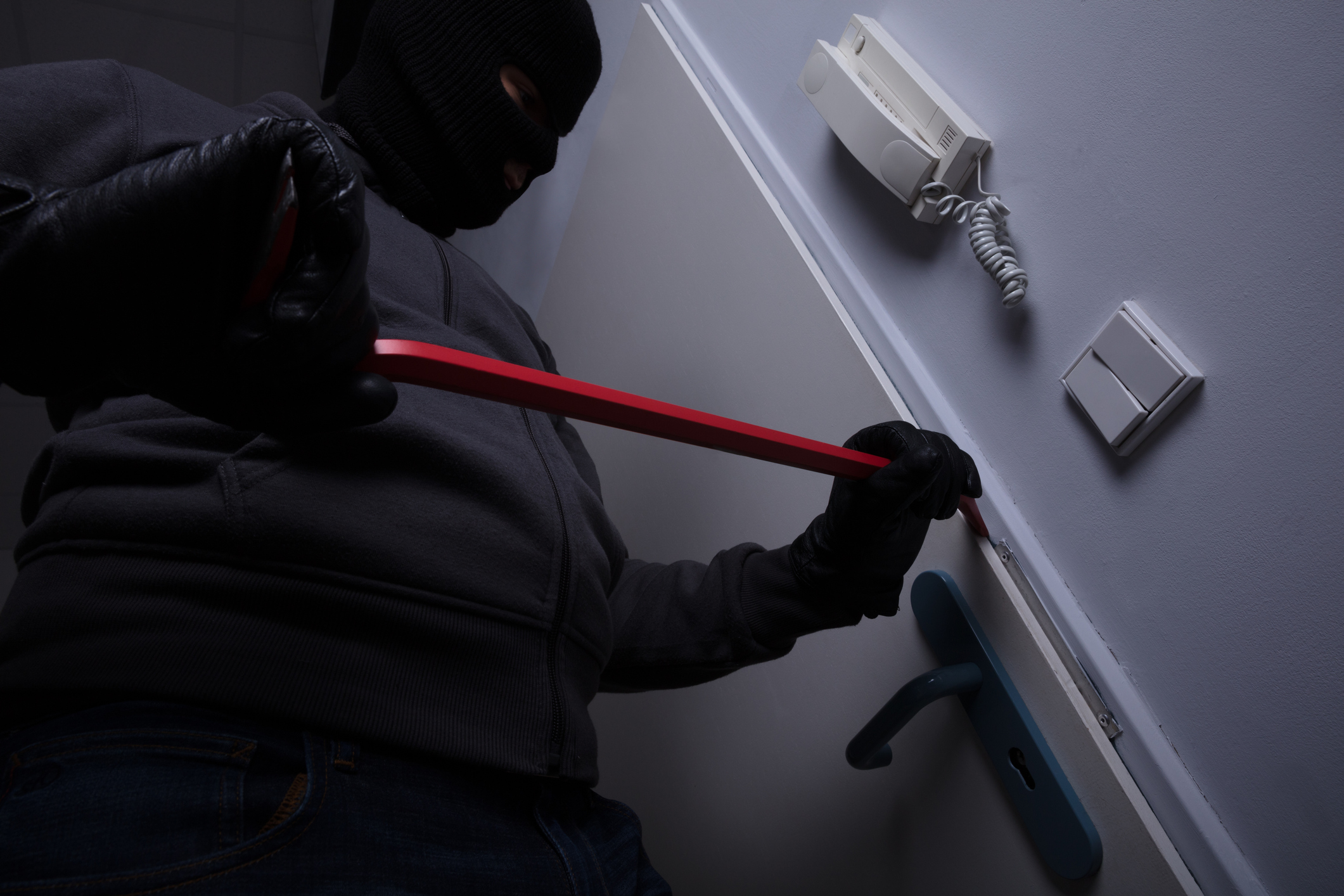When is a Search and Seizure Unlawful?
An unlawful search happens when police officers conduct a search with no warrant or exceed the scope of a warrant. Contact a Cleveland criminal defense lawyer immediately if you are charged with a crime in or near the Cleveland area due to an unlawful search and seizure.
The Fourth Amendment to the U.S. Constitution protects you from unreasonable searches and seizures. Law enforcement officers must have a warrant – or a legally valid exception to the need for a warrant – to search your vehicle, residence, or property.
Which Searches and Seizures Are Illegal?
Illegal searches and seizures – violations of someone’s Fourth Amendment rights – may happen in a variety of circumstances, such as:
- Traffic stops with no probable cause: A routine traffic stop can lead to an unlawful search if law enforcement officers search your vehicle with no probable cause or without your consent.
- Home raids with no warrant: The police must have a warrant to enter and search someone’s home unless urgent circumstances justify the entry.
- Searches with no probable cause: Any search conducted by the police without probable cause (or without a valid exception to the probable cause requirement) is unlawful.
- Searches based on incorrect information: A search based on fabricated or inaccurate information may lead to the suppression of any evidence discovered in the search.
In most circumstances, law enforcement officers must have a warrant to search your vehicle, home, or property. The Fourth Amendment compels law enforcement officers to have probable cause before they may obtain a search warrant from a judge.
This requirement means the police must reasonably believe their search will reveal evidence of criminal activity. The Constitution also requires search warrants to include a precise description of the item or items that are being sought and may be seized.
Are There Exceptions to the Search Warrant Rules?
There are several exceptions to the search warrant rules. That is, there are several reasons why a judge may allow evidence that would otherwise be suppressed to be presented in a trial:
- The evidence would have been found eventually: If a judge reasonably believes that evidence gathered illegally would have been inevitably discovered legally by the police, the judge may choose not to suppress that evidence.
- The police were acting in good faith: If the police believed they were acting legally, the evidence they found may not necessarily be suppressed. If a search warrant contains a mistake, for instance, but the police aren’t aware of the error, they acted in good faith.
- Another source could have provided the evidence: When another source can supply evidence the court may otherwise suppress, a judge may allow the prosecution to present the otherwise tainted evidence.
Are You Facing Criminal Charges?
Don’t allow an unlawful search and seizure to compromise your rights. If you have been charged with a crime based on evidence the police discovered in an illegal search and seizure, take your case immediately to a Cleveland criminal defense attorney.
If the police illegally collected evidence against you, and if your criminal defense lawyer can show that the police violated your Fourth Amendment rights, your lawyer may file a “motion to suppress” to prevent that evidence from being used against you. A motion to suppress is a written, formal request asking a judge to keep specific evidence from being introduced at trial.
We’ve all seen fictional movie and television trials where a defense attorney moves or argues to have specific evidence “thrown out” or “tossed out” of court. To be more precise, however, when evidence is suppressed, a judge does not allow it into a trial, and it cannot be presented to a jury.
How Does the Exclusionary Rule Work?
If the police unlawfully collected evidence against you, and if your lawyer can prove the police violated your rights, a judge may suppress that evidence because of the “exclusionary rule.” It’s a rule that keeps the state from using evidence against you if the police violated your rights to obtain the evidence.
The exclusionary rule applies to everyone in all fifty states: citizens, permanent residents, documented and undocumented immigrants, and visitors. However, the exclusionary rule does not apply in civil cases, grand jury proceedings, or violation of parole hearings.
Will the Exclusionary Rule Apply in Your Case?
The U.S. Supreme Court has partially limited the exclusionary rule. A defendant may seek to suppress evidence only when his or her rights were violated. Evidence against a defendant found in an unlawful search of someone else’s home, for example, may not necessarily be suppressed.
Nevertheless, if the police violated a defendant’s rights, the exclusionary rule will probably apply. Most judges and lawyers believe the exclusionary rule is essential to protect constitutional rights. Disclose every detail about your case to your Cleveland criminal defense lawyer, who can then decide if a motion to suppress should be filed on your behalf.
If you are prosecuted for a crime in the Cleveland area, you must challenge unlawfully obtained evidence. Suppressing evidence can weaken the state’s case and may lead to:
- a dismissal of the charges against you
- a reduction of the charges against you, or
- a more generous plea agreement
Who Should Advise and Represent You?
If police officers arrest you for a criminal offense in or near the Cleveland area, call the legal team at Watson Kuhlman, LLC immediately. We will protect your rights, fight aggressively and effectively for the justice you deserve, and bring your case to its best possible outcome.
A Cleveland criminal defense attorney at Watson Kuhlman will seek to have the case against you dismissed or to have the evidence against you suppressed. If the case cannot be dismissed, we will negotiate an acceptable plea deal or explain to a jury why you should be found not guilty.
If you face a criminal prosecution – now or in the future – because of evidence the police obtained illegally, contact Watson Kuhlman as quickly as possible. Call our Cleveland law offices at 216-208-7858 to schedule your first legal consultation at no cost or obligation.


 Email Us Now
Email Us Now







